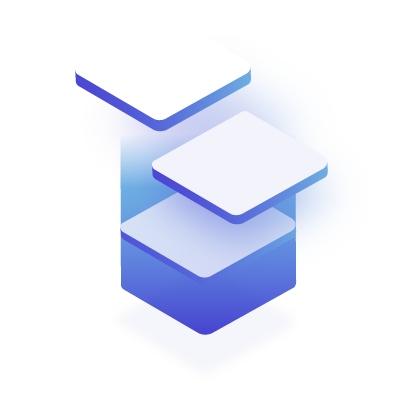The integration of artificial intelligence (AI) in the insurance industry offers enormous opportunities to increase efficiency, reduce costs and improve the customer experience. Below we highlight the different types of AI that can be applied in the insurance industry and the important role of unified data standards such as the BiPRO data standard for machine learning (ML) and AI overall.
Types of AI in the insurance industry
1. Voice assistants and chatbots
Voice assistants and chatbots are examples of narrow AI. They enable insurance companies to improve customer service around the clock. Customer inquiries can be processed quickly and efficiently, leading to greater customer satisfaction.
2. Machine Learning (ML)
ML models play a central role in data analysis and risk assessment. They help insurers calculate premiums more precisely and detect fraud cases at an early stage. ML can also be used in claims processing by analyzing historical data and identifying patterns that indicate fraudulent behavior.
3. Natural Language Processing (NLP)
NLP technologies enable insurers to analyze large amounts of unstructured data such as emails and customer reviews. This helps to understand customer sentiment and improve customer service. NLP can also be used in automated document processing to efficiently process contracts and claims.
4. Robotic Process Automation (RPA)
RPA uses AI to automate repetitive and rule-based tasks. In the insurance industry, RPA can be used in data processing, claims processing and regulatory compliance. This saves time and reduces the risk of human error.
The important role of uniform data standards
A key aspect for the success of AI in the insurance industry is the availability and quality of data. This is where uniform data standards such as the BiPRO data standard come into play.
1. Improved data quality and interoperability
Uniform data standards ensure that the data is consistent and of high quality. This is crucial for the accuracy and reliability of ML models. The BiPRO data standard enables different systems and players in the insurance industry to communicate efficiently with each other and exchange data.
2. Increase efficiency and reduce costs
By standardizing data formats and processes, insurance companies can optimize their IT systems and workflows. This leads to a significant reduction in operating costs and faster implementation of AI solutions.
3. Faster introduction of innovations
Uniform data standards facilitate the introduction of new technologies and innovations. Insurers can respond more quickly to market changes and offer new AI-based products and services.
Conclusion
Applying AI in the insurance industry offers numerous benefits, from improving the customer experience to increasing efficiency and reducing costs. The different types of AI, such as voice assistants, ML, NLP and RPA, are playing a crucial role in transforming the industry.
Uniform data standards such as the BiPRO data standard are essential to unlock the full potential of AI. They improve data quality, facilitate interoperability and accelerate the introduction of innovations.
By integrating AI and using standardized data, insurance companies can not only increase their competitiveness but also pave the way to a digital future.
#AInTheInsuranceIndustry #Insurance #ArtificialIntelligence #MachineLearning #DataStandards #BiPRO #Innovation #EfficiencyIncrease



